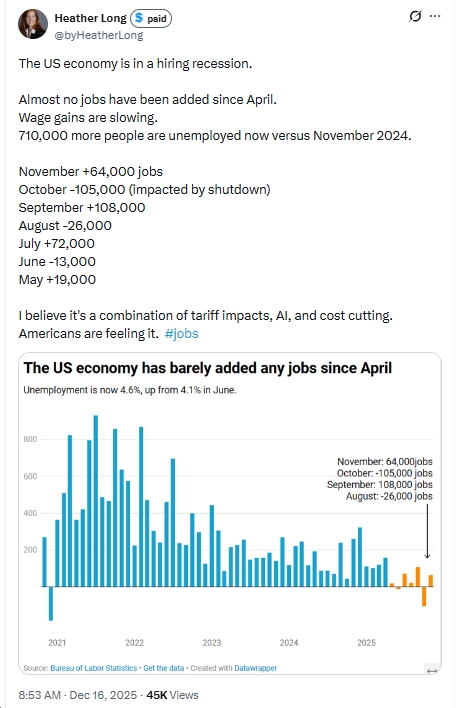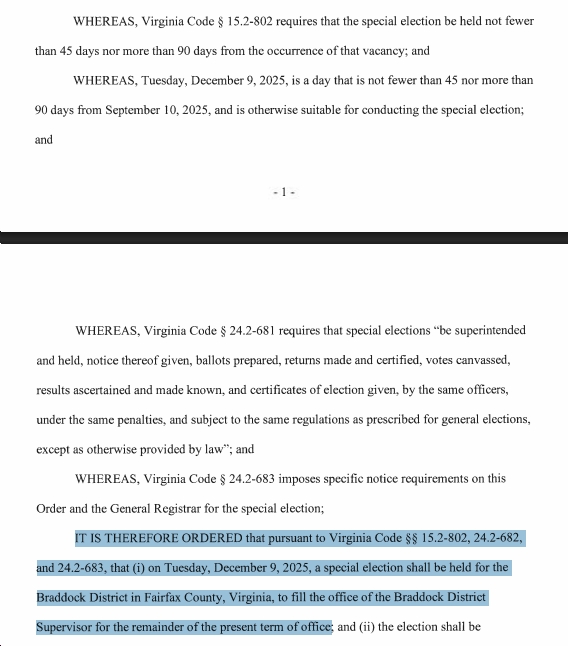From Arlington County Board Chair Katie Cristol:
We have adopted a FY19 budget. This year was the most challenging budget process that this community has seen in awhile, and I appreciated the opportunity to reflect on our decisions, and future forecasts, at today’s meeting. Read about the budget decisions at the link, and a few of my personal thoughts, below.
————
For a number of years now, Arlington has measured our commitment to our values in terms of dollars spent.
We are committed to education, and we showed that with the highest per-pupil spending in the region; we are committed to a truly inclusive Arlington, and we showed that by reaching record highs in annual General Fund contributions to the Affordable Housing Investment Fund; we are committed to core government services, and we showed that by adding over a million ongoing dollars to streetlight maintenance in the last couple years.
All of these funding levels have been a point of pride (and sometimes a point of debate, too) for our community. But the rate of growth is no longer sustainable. We can’t grow per-pupil annual increases in the transfer to Schools when the number of pupils are growing at the rates we’ve seen. We can’t increase the general fund contributions to Affordable Housing Investment fast enough to support every compelling affordable housing project, when projects a decade ago required $5 or $6 million in gap financing and current projects need $20 million.
It is true that this Board could have increased the tax rate this year to cover a few more priorities. But that would have only deferred some of our hard conversations, not resolved them. Because it wouldn’t have changed the fundamentals: The pace of growth in our needs – schools, Metro, debt service – is outstripping the pace of growth in the assessed value of property in Arlington.
We have to find a way to show our commitment through better measuring outcomes and impacts, not just through the input of dollars spent.
Yet, this somewhat grim picture is also an incomplete picture, for two reasons.
One, because the recognition that we can’t spend our way into achieving our goals is actually an opportunity. For example, our budget guidance today include direction to track our sustainability and energy efficiency investments in terms of impacts achieved, rather than revenues dedicated or set aside. The limitations on the AHIF are forcing conversations about planning tools to reduce the costs of committed affordable developments; lower parking requirements, a subject for discussion this afternoon, is a great example.
Two, because there’s still a lot to celebrate in this budget.
The funding levels we’re approving today will support continued, innovative work tackling our county’s biggest challenges, from mental health to childcare affordability, and sustaining critical efforts in technology and customer service. These funding levels will invest in the long-range planning that have been a hallmark in Arlington, including Lee Highway. And they will sustain continued economic development efforts to reduce our commercial vacancy rate – the most important strategy to improve future year financial projections.
And most importantly, this budget invests in the most important resource in this County: People. This budget includes aggressive increases in public safety compensation and staffing levels that this Board, our Manager, and our Chiefs, believe can help address recruitment, retention and in the case of Fire, hours of service, to improve the quality of life for the men and women whose bravery and talent saves lives and keeps the peace. It includes increases for the hardworking line staff, from social workers to street cleaning teams to planning professionals, who are building the future of our County. And on the School Board side, nearly $10m in step increases will support the educators who – far more than any building facility or individual program – make Arlington Public Schools the jewel of our community and transform the lives of young people.
For all these reasons, this budget, and this approach, is not fiscally conservative. Rather, I believe it is a sustainably progressive investment in our values.




![Thursday News: “Europe draws red line on Greenland after a year of trying to pacify Trump”; “ICE Agent Kills Woman, DHS Tells Obvious, Insane Lies About It”; “Trump’s DOJ sued Virginia. Our attorney general surrendered”; “Political domino effect hits Alexandria as Sen. Ebbin [to resign] to join Spanberger administration”](https://bluevirginia.us/wp-content/uploads/2026/01/montage010826.jpg)













